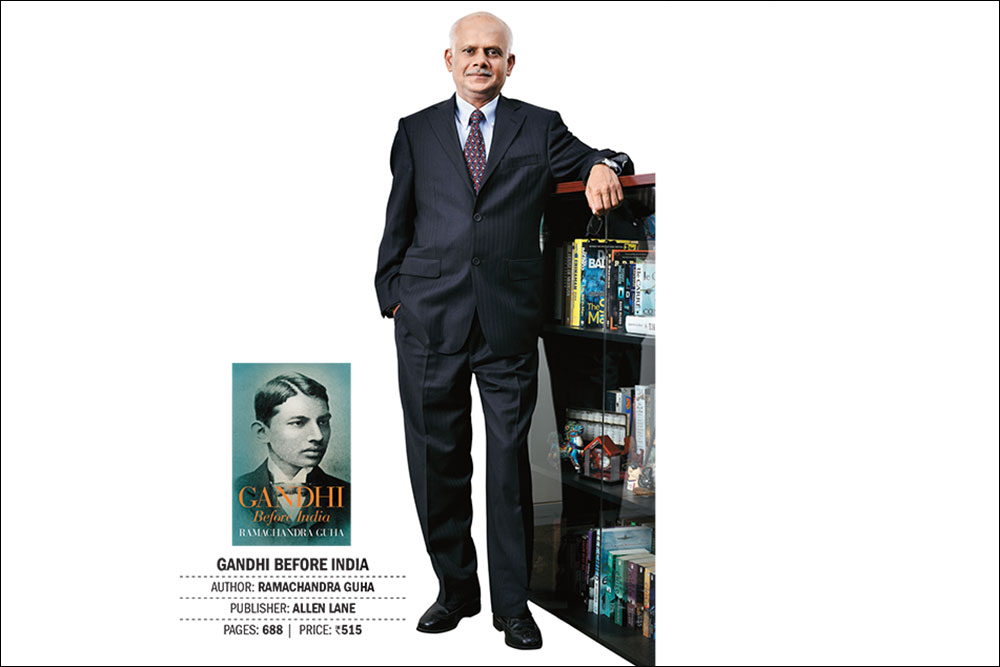Over the decades, thousands of books have been written on Gandhi. So, when I picked up Ramchandra Guha’s Gandhi before India, I didn’t expect to gain new insights into his life. My expectation was erroneous. The book focuses on Gandhi’s life in South Africa, before he returned to India for good. In other words, it focuses on his life before he took up the leadership of our struggle for independence from the British Raj. This chapter in Gandhi’s life had not been properly analysed until Guha took it up on himself to do so.
Gandhi’s philosophy can be crystallised into the belief in non-violence (ahimsa) and the insistence on truth (satyagraha). These tools were used consistently and in different ways in India’s struggle for independence. Guha has done us a service by detailing how these concepts were forged into powerful weapons during Gandhi’s life in South Africa.
The other insight that I got from this book was an appreciation of two personality traits of Gandhi that haven’t been highlighted often. The first is his ability to find friends, allies and followers across nationalities, races, political visions and philosophies. This is seen in the book, which describes in detail Gandhi’s friendships in South Africa. The second trait I learnt about is his raw physical courage. Gandhi’s moral courage against external pressure is well known. Less well known is the fact that he showed, at least in South Africa, the ability to withstand serious physical assault. His life is a lesson in holding on to beliefs and principles through turbulence, violence and pressure while resisting friendly advice to let go. Any leader in corporate life, who can consistently bring a tiny fraction of this into business decisions, will undoubtedly become a star performer.
There are many incredible instances in politics, where struggles in accordance with Gandhi’s philosophy have moved mountains. The achievements of Martin Luther King, Nelson Mandela and, in recent times, the Arab Spring are examples of major changes in political life brought about through a consistent non-violent process.
However, one finds it difficult to find comparable instances in the business world, where a ferocious focus on profits at all costs and a complete disregard of laws and moral principles seem to have become an accepted way of conducting business. Against such a backdrop, I strive to grow my business in an ethical manner, if only to try in a limited way to emulate Gandhi’s methods, which have worked well in the political arena. Now, if only there was a role model in the business world comparable to the legend of Gandhi, King and Mandela in the political world.











